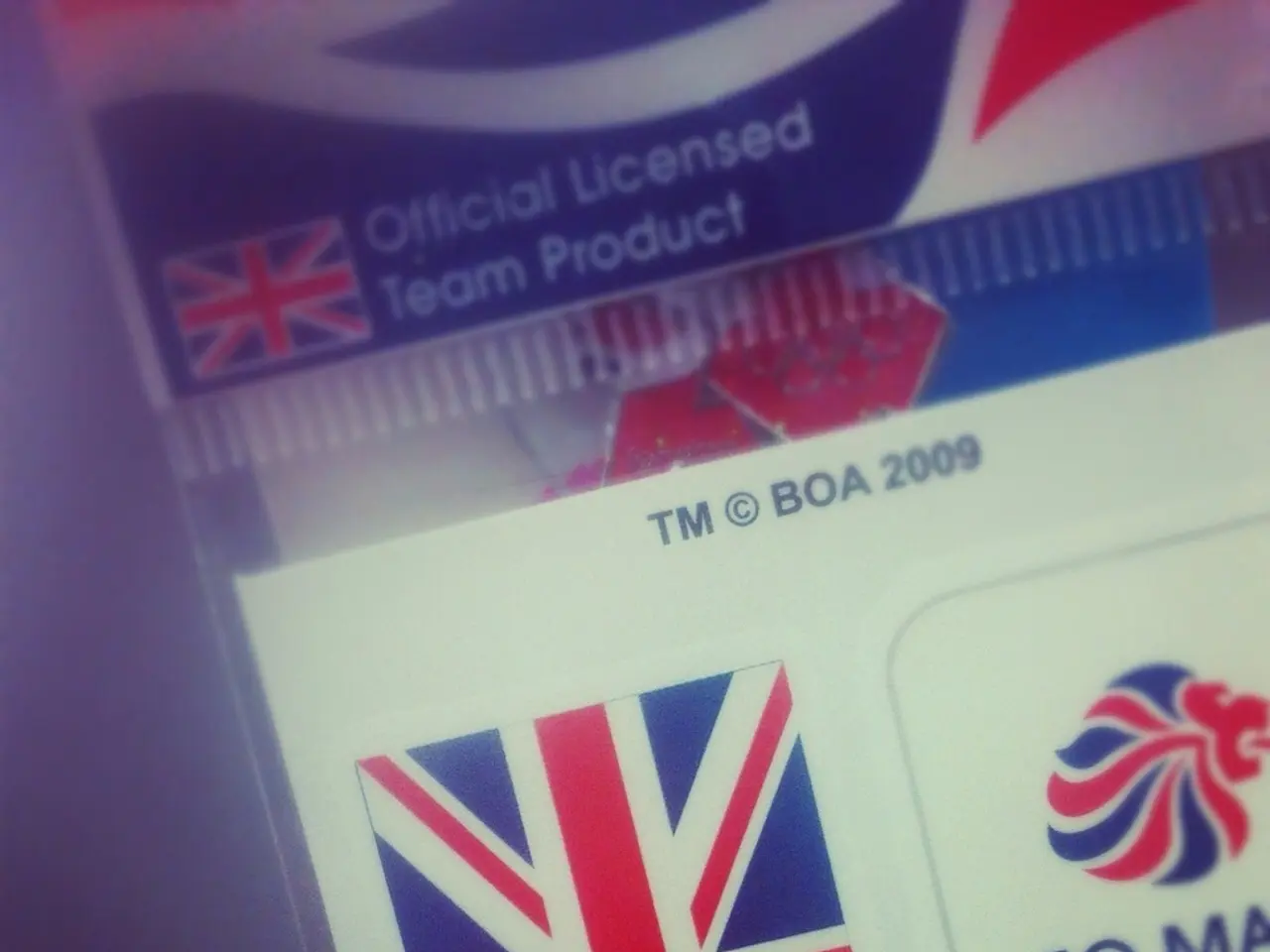American Individual Stands Firm on Name Identity despite US Client's Demand, Friend Forecasts Potential Profession Risk
In a recent incident, an Indian employee working for an American company in the U.S. was asked by his manager to change his ethnic name to make it sound more American. The employee, who has been in the U.S. for over 10 years, found this request ridiculous and refused to change his name.
The request was made to gain the client's confidence, but it could constitute illegal employment discrimination under federal and state anti-discrimination laws, including Title VII of the Civil Rights Act. This act prohibits treating employees differently based on race, colour, national origin, or other protected characteristics, which includes compelling an employee to alter a name that reflects their ethnicity [1][4][5].
The man's boss claimed that the previous employee with an ethnic name put off the client. However, such a request may be viewed as discriminatory treatment based on the employee’s national origin or race, violating protections against workplace discrimination. The U.S. Department of Justice (DOJ) clarifies that employers cannot impose different treatment based on protected characteristics or use facially neutral proxies that function as substitutes for such discrimination [1][2].
Asking someone to change an ethnic name to appease a client signals unfavourable treatment related to national origin, generally forbidden under Title VII and parallel state laws. Legal consequences for the employer could include investigations or lawsuits for discriminatory practices. The employee might seek recourse through the Equal Employment Opportunity Commission (EEOC) or similar state agencies, potentially leading to penalties, mandated training, or changes in employer policies. The DOJ guidance warns against practices that create disadvantages based on protected characteristics, which would include forcing employees to change ethnic identifiers to meet client preferences [1][2].
Discrimination based on ethnic names is a problem that starts during the hiring process, with 50% of people more likely to be called back with stereotypical white names [3]. This incident highlights the prevalence of racism in the U.S., even as the world progresses.
Online discussions on platforms like Reddit have often viewed such cases as clear examples of microaggressions or overt discrimination, sparking debate over workplace inclusivity and cultural respect. The post about the incident was made on Reddit by a user named ThrowRAEthnicname.
In summary, from a legal standpoint, compelling an employee to change their ethnic name to satisfy a client is likely unlawful discrimination based on national origin under U.S. employment law and could expose the employer to legal liability [1][4][5]. Employers must ensure they are promoting a fair and inclusive workplace for all employees, irrespective of their race, ethnicity, or national origin.
References:
[1] U.S. Equal Employment Opportunity Commission. (n.d.). Title VII of the Civil Rights Act of 1964. Retrieved from https://www.eeoc.gov/laws/statutes/titlevii
[2] U.S. Department of Justice. (n.d.). Enforcement Guidance: Unlawful Harassment. Retrieved from https://www.eeoc.gov/laws/guidance/unlawful-harassment
[3] Bertrand, M., & Mullainathan, S. (2004). Are Emily and Greg More Employable Than Lakisha and Jamal? A Field Experiment on Labor Market Discrimination. American Economic Review, 94(4), 991-1013.
[4] National Fair Employment Practice Commission. (n.d.). Discrimination Based on National Origin. Retrieved from https://www.eeoc.gov/laws/types/nationalorigin.cfm
[5] Cornell Law School. (n.d.). Title VII of the Civil Rights Act of 1964. Retrieved from https://www.law.cornell.edu/uscode/text/42/2000e-2
- In the realm of health and wellness, research suggests that promoting workplace inclusivity and equity, such as eliminating discrimination based on ethnicity, can significantly improve employee productivity and overall workplace wellbeing.
- Finance and business sectors, in particular, have been highlighted as areas that need to prioritize their approach to workers' careers and ethnic names, as many workers encounter offensive practices that potentially violate federal and state anti-discrimination laws.
- Given the increasingly globalized nature of science and technology careers, companies must recognize the importance of embracing diversity and fostering a culture that values individuality, as doing so will not only help to attract top talent but also lead to innovative and successful business practices.




